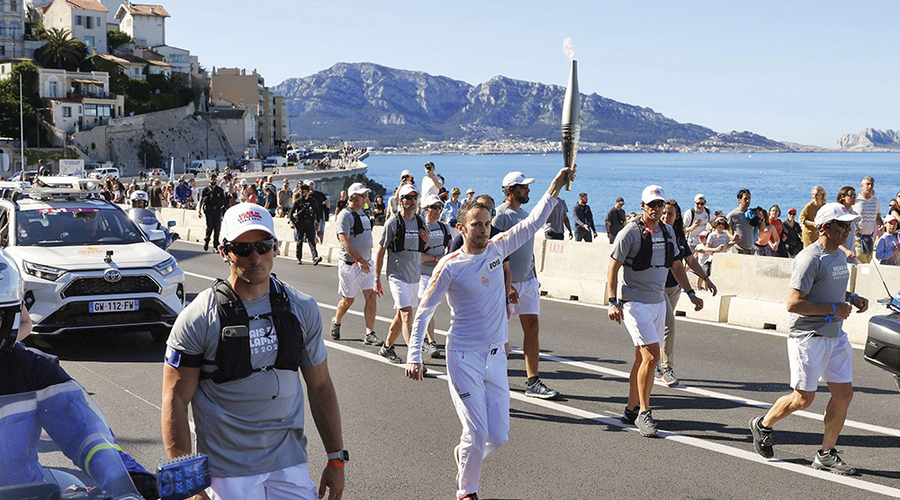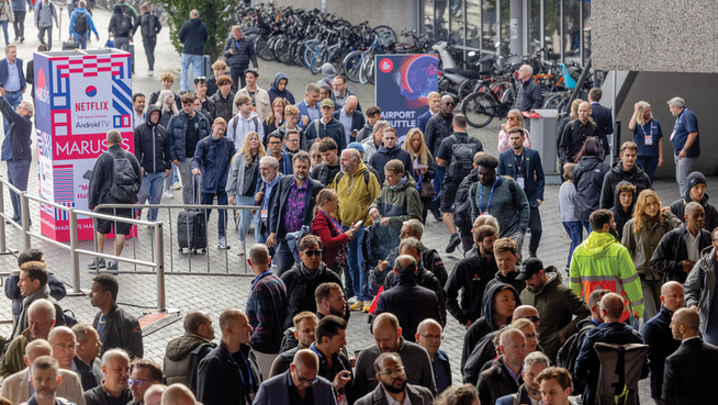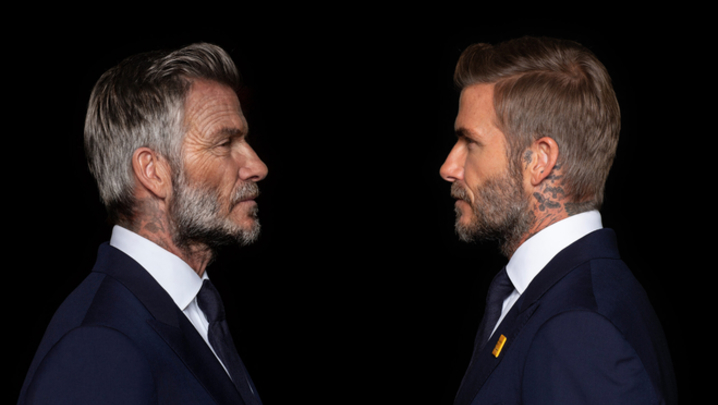AI created the biggest buzz at IBC, reports Pippa Considine, but face-to-face contact remains vital
More than 45,000 visitors from 170 countries joined 1,350 exhibitors in Amsterdam last month for the 2024 International Broadcasting Convention.
Many of those attending wanted to find out more about how the latest technologies, such as artificial intelligence (AI), can help solve the challenges faced by the media and entertainment industry.
Michael Crimp, IBC’s Chief Executive, said: “This year’s show addressed soaring interest in trends such as AI’s leap from theory to real-world applications, how the industry is fighting disinformation in news, and the need to foster talent and diversity across media, entertainment and technology.”
The show began with IBC’s inaugural World Skills Cafe, bringing together executives from major media companies to discuss recruitment and training. Discussions about talent ran through the IBC schedule. Media cartographer Evan Shapiro talked to RTS chief executive Theresa Wise about his map of the UK TV ecosystem, which was drawn up to inform the RTS’s new Mini MBA in television and streaming media. And, for the first time, the convention included a talent programme, starting with a networking breakfast and hearing from organisations that are inspiring a diverse range of people to join the industry.
The subject creating the biggest buzz across the four-day event, though, was AI. IBC’s Accelerator Media Innovation Programme supports collaborative projects and aims to solve some of the industry’s most complex and pressing challenges.
An AI Media Production Lab project featured three of those challenges. The first looked at creating multiple AI-driven personas to represent a diverse audience, the aim being to help prevent bias and involve consumers in the development process.
Another looked at AI as a production tool for live sports and events, enabling real-time enhanced viewing with innovations such as personalised commentators and localisation. ErinRose Widner, Global Head of Business Strategy, Emerging and Creative Technologies, M&E at Verizon, said the project team, which included several technology partners, set out to “create an authentic sports companion, someone who can interact with you, get to know you as a person, and then deliver to you a personalised highlight reel”.
The third challenge was to tackle the fight against fakery, involving a project titled Design Your Weapons in the Fight Against Disinformation. Michelle Munson, CEO and Co-founder of Eluvio, showed the IBC audience a video from a trusted source: PBS footage of President Joe Biden’s address after the attempted assassination in July of Donald Trump.
Then she showed a fake that had been posted on X with the audio changed. Using AI-based technology, Munson showed how it was possible to see evidence of manipulation. Though AI was used to create the problem it could also be part of the solution. Although detection tools, AI-based but using other technologies too, don’t quite do the job, they are used as an aid to the human validation of content.
The vision of the Accelerator project is to allow consumers to prove the provenance of the content’s source and inspect the public metadata. One suggestion was to tag content with “pop” (proof of provenance). The project champions are the BBC and Paramount Global, with CBS News. Other organisations supporting it include the European Broadcasting Union, ITN, Channel 4 and Associated Press.
"Human connection is the biggest value we have"
“We have to do this as an industry,” said Claudia Milne, Senior Vice-President Standards and Practices for CBS News. “This is an external threat. In some ways, the greatest achievement of the Accelerator is that we brought everybody together, putting aside competition… sharing information, getting on the same page, doing it together. If we have a fractured solution [with] different organisations using different solutions, that’s going to confuse the audience, and reinforce the lack of confidence.”
As well as using AI as an analysis tool, which can also track intellectual property from creators, there was a focus on how it can make production processes and broadcaster workflows more efficient.
Informing the products on show and the solutions discussed was the need for platforms to cut costs, be it in production, distribution or at any point in the journey of content from capture to screen and beyond.
At the IBC Showcase Theatre, Helen Killeen, Director of Production Unscripted UK at ITV Studios, which has 60 labels in 12 territories, talked about the “rapid and seismic shift in viewer behaviour which has driven a lack of commissioning and a nervousness around commissioning”.
The reality is that platforms want more for less. Killeen said: “Budgets are only going to get smaller.…The only way to change is to look at technology and how we do things differently in production to drive efficiencies.”
Killeen has been working with Amazon Web Services Edit in the Cloud and Adobe to shift production to the Cloud. While AI is taking on mundane jobs and shortening the production schedule with tools such as AI-enabled text-based editing, workflows in the Cloud already offer significant savings, avoiding high upfront costs of building and maintaining extensive on-premises infrastructure and backups.
For Killeen, a big advantage is making global connections within the ITV Studios Group. A project might move to another territory to capitalise on tax breaks, while brands such as Come Dine With Me can connect with production teams in other countries. If the media is accessible from anywhere, it offers a way to diversify the talent pool.
It is also becoming increasingly clear that while Cloud workflows still use significant amounts of energy, in many places they are contributing to more sustainable solutions.
For the torch relay, in the run-up to this year’s Olympics, France Télévisions worked with Obvios, TDF and TVU Networks to broadcast up to 10 hours of live coverage daily, using the first hyper-compact moving private 5G network along its 1,625km journey.
The project took one of IBC’s five Innovation Awards. The 100% glass-to-glass Cloud production (from capture through a lens to final display) reduced CO2 emissions by more than 600 tonnes and delivered huge cost savings.
The IBC’s top honour, the International Honour for Excellence, went to Pulitzer prize-winning AP journalist and filmmaker Mstyslav Chernov, whose PBS Frontline documentary 20 Days in Mariupol won this year’s Oscar and Bafta for best documentary.
Accepting the prize, he reflected on the value of the IBC and meeting in person in an era when fake news and the use of information as a weapon causes people to doubt content.
“Probably the only way for humanity to deal with this is to meet face to face – human connection is the biggest value we have,” he said.





